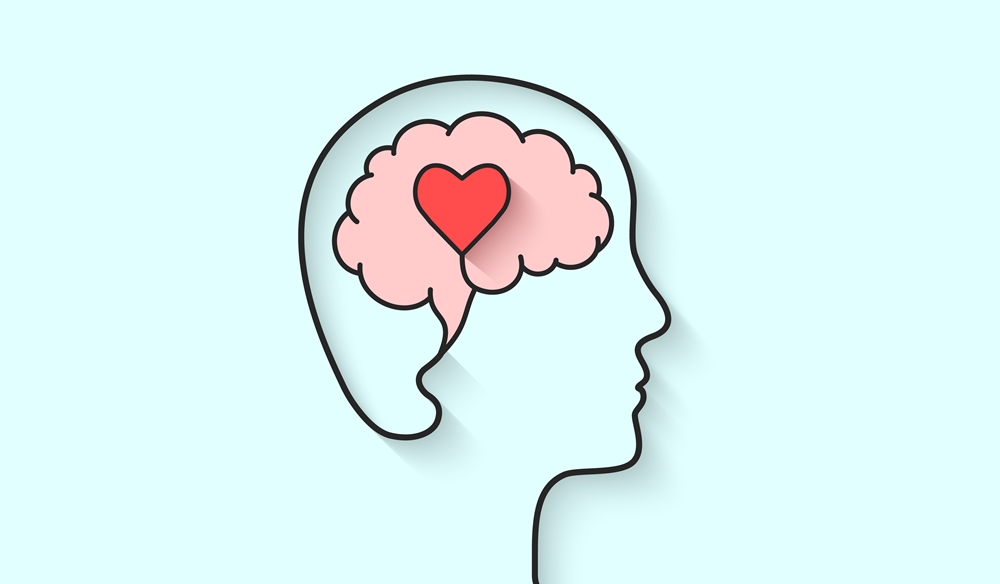The Covid-19 pandemic has been a game-changer for the healthcare industry. It has paved the way for new advancements in the digital realm and has allowed for healthcare to expand beyond the traditional hospital setting and into the home, through the power of mobile technology. This has provided access to care 24/7, making it more convenient and accessible.
The pandemic lockdown brought to light the importance of digital technology in keeping people connected. It also highlighted the potential for digital technology to contribute to overall economic growth. By expanding digital activities, economies can reap significant benefits.
What is Digital Health?
As technology continues to advance, it is being relied on more and more to tackle the world’s biggest problems, including those in the field of global health. This intersection of technology and health is known as “digital health.”
Digital health encompasses various forms of technology-based solutions, including hardware such as smartphone-connected medical devices and screening tools, software like mobile health apps and e-training platforms, and services that offer comprehensive health solutions using a combination of hardware and software.
On a global scale, digital health is revolutionizing the healthcare system by incorporating analytics for decision-making and disease control, utilizing artificial intelligence and machine learning for disease detection and behavioural change, and implementing a systems-thinking approach for enhancing the patient journey through multiple digital health platforms.
For instance, the government in India has launched the Ayushman Bharat Digital Mission to digitize its health services and build a strong digital health ecosystem. The goal of this initiative is to develop feasible, long-term solutions that prioritize the needs of patients.
Top Digital Transformation Trends Impacting The Healthcare Industry:
- EMR
Recently, the Indian government has implemented a series of new regulations and standards aimed at improving data compliance and protection. Theseinclude changes to the Clinical Establishment Act, the National Digital Health blueprint, and a personal data protection bill.
Thanks to these initiatives, medical information like a patient’s medical history, test results, prescriptions, diagnosis, and treatment can now be easily accessed online or through authorized personal health record apps. This has led to faster information sharing among healthcare providers, improved communication between facilities and patients, and the convenience of having important medical documents readily available.
- Tele Medicine
The trend of remote healthcare has skyrocketed since the lockdowns caused by the pandemic. This has proven to be a significant change for the healthcare industry. Patients no longer need to physically visit healthcare providers for consultations, as virtual consultations are now possible. Not only does this provide more convenience for existing patients, but it also opens doors for new patients to connect with specialists from anywhere in the world.
This has expanded the reach of healthcare facilities, allowing them to serve a much larger audience than before. Additionally, the use of aggregators has made it possible for patients to have access to a wider range of specialists from multiple locations, giving them more options than they had before the pandemic.
- Cloud Management
Cloud technology has made it easier for diagnostic centres to work together and communicate with their customers. Customers are now notified on their mobile devices about when their reports are ready when appointments are scheduled, and when they need to follow up. This has improved the customer experience, as they no longer have to wonder when they will receive their reports or when they need to go for a checkup. If multiple centres are involved in the process, the reports can be easily shared and accessed by all centres, instead of customers having to carry physical copies with them.
- Application of AI
Radiologists are utilizing the sophisticated algorithms made possible by AI-powered imaging technology. When combined with PACS, which digitizes the traditional paper-based system for radiology images, AI is helping practitioners and facilities streamline their workflow and become more efficient.
Additionally, images analyzed by AI are highly accurate, and AI can detect even small abnormalities that may be missed by the human eye. This help radiologists make earlier diagnoses and prevent potential health problems from becoming more serious.
Final Thoughts
The digital healthcare industry in India, like in many other countries, is rapidly growing and improving. Companies in this field and those that support it are coming up with innovative ideas to enhance patient care, streamline communication between healthcare workers and facilities, and develop more advanced medical devices for faster and more precise diagnoses.
This transformation will allow people in smaller cities to receive the same level of medical treatment as those in larger cities, and remote learning will help strengthen the healthcare workforce. Overall, there is a lot of optimism for the future of this important industry in India and exciting advancements are expected in the coming years.
Author Bio:
Jigar Patel is the Founder of Health-e, a HealthTech app that simplifies health records management along with providing personalized and preventative healthcare solutions. Although he has 20+ years of operations and management experience in the EPC domain, Jigar’s true passion lies in making healthcare simpler, faster and more accessible for doctors and patients alike. He strongly believes that people need to be empowered to participate in their own healthcare and is constantly thinking of ways to build this into his app. He loves to keep things simple be it in life, product design, his work or the content he develops. Being married for 10 years and having 2 kids have taught him that perspective matters, so you can always count on him to share new perspectives on various topics.























